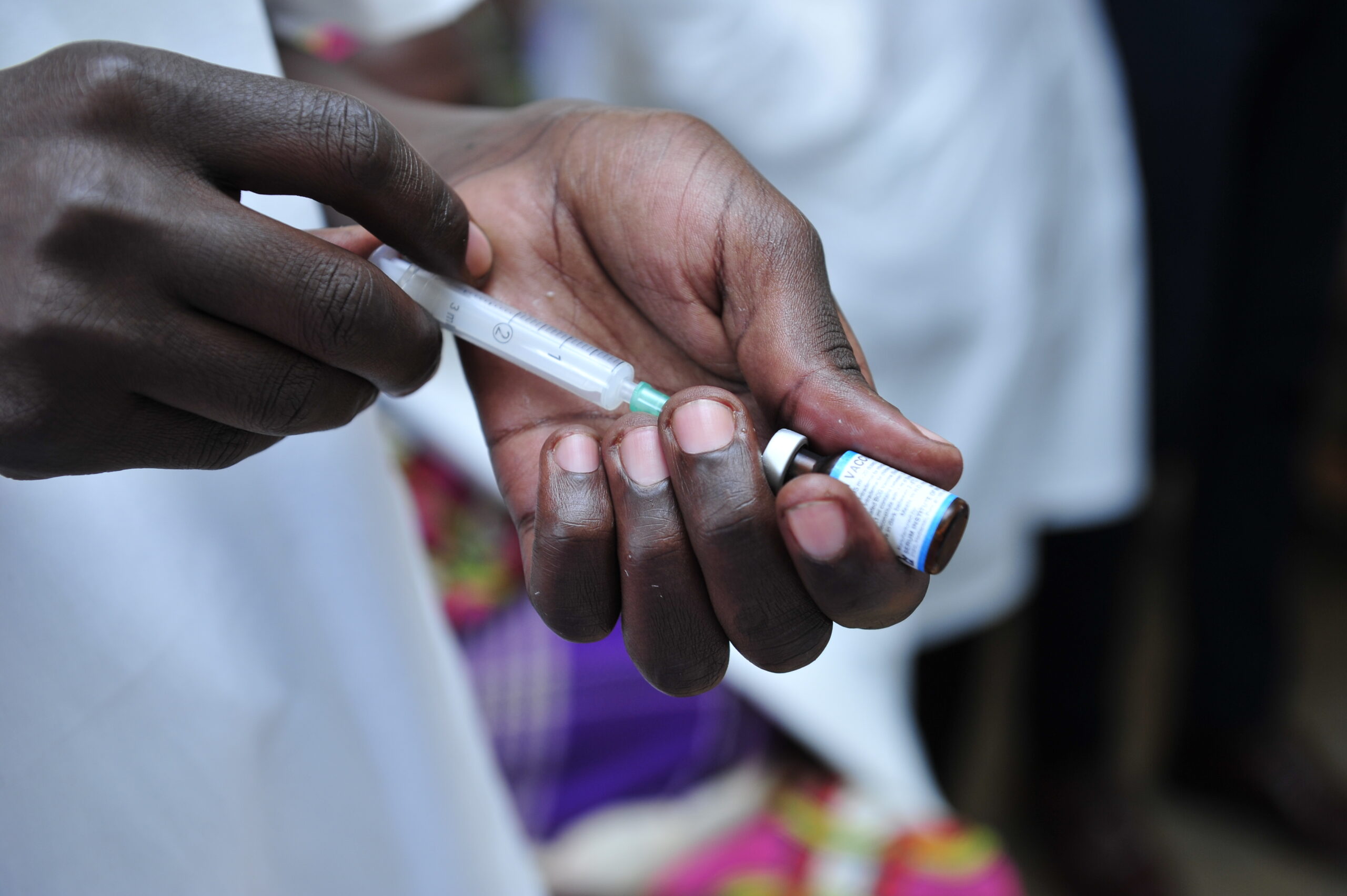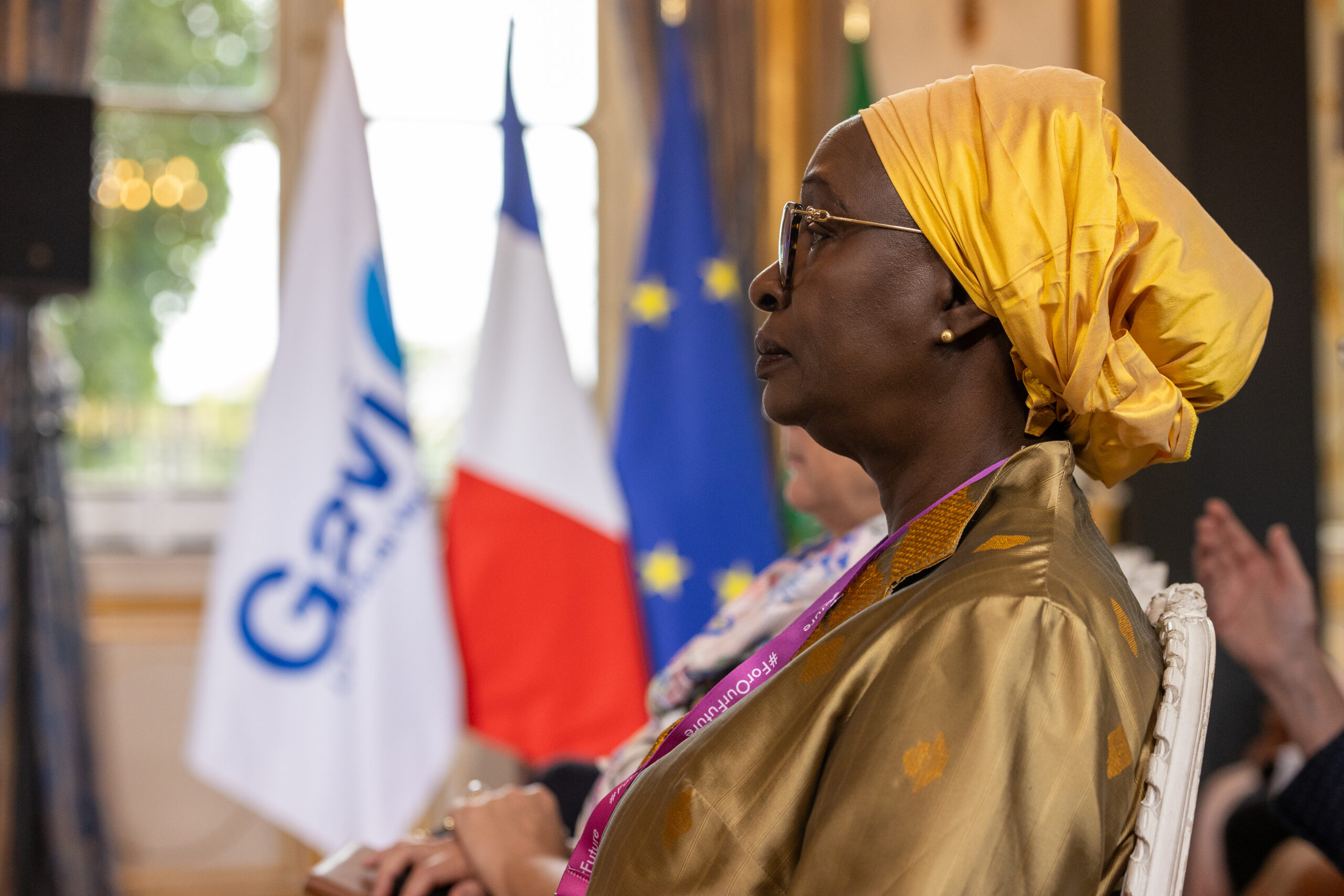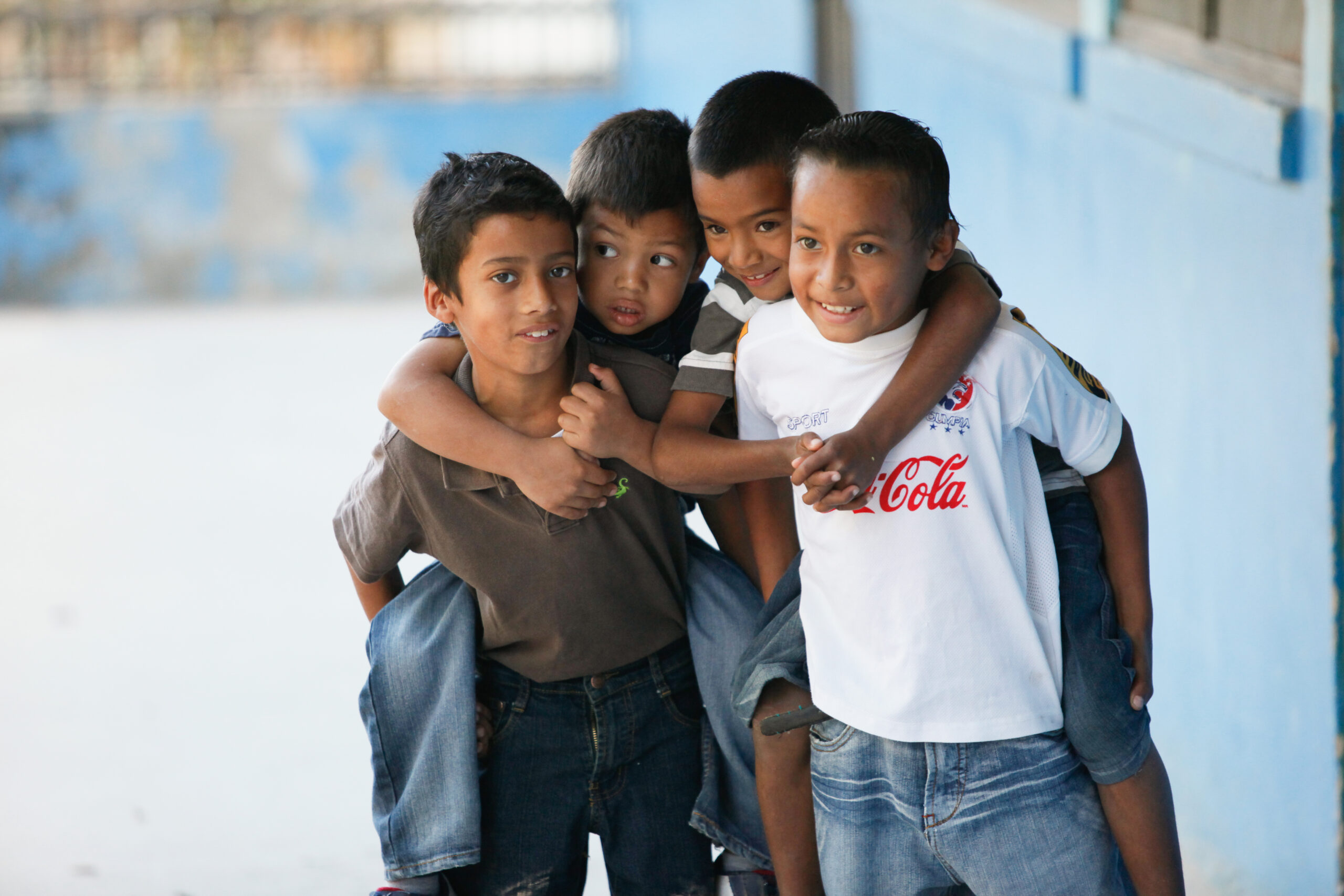Gavi 6.0: Diversifying Vaccine Manufacturing
In part one of our series on Gavi 6.0, we look at the move to diversify vaccine manufacturing with the new African Vaccine Manufacturing Accelerator.

Regional imbalances in production
At the Global Forum for Vaccine Sovereignty and Innovation, held in Paris last month, the African Union, Africa CDC, and Gavi, the Vaccine Alliance jointly announced the launch of the African Vaccine Manufacturing Accelerator (AVMA). AVMA is a new financing instrument intended to spur vaccine production in Africa, where the vast majority of the vaccines administered on the continent are currently imported. Building up domestic vaccine manufacturing capacity is an important step towards more sustainable, resilient supply chains and health security for Africa and beyond.
Vaccine manufacturing largely remains concentrated in the wealthy economies of the global north. According to the WHO’s last Global Vaccine Market Report, nearly 80% of all vaccines are produced by European, American, or East Asian manufacturers. This imbalance in where most vaccines are produced is not an abstract question of equity or even purely one of economic development – it has had serious consequences for health in lower-income countries.
The costs of COVID
During the COVID-19 pandemic, wealthy countries – home to most of the world’s vaccine manufacturers – were first in line to buy and then roll out the new COVID vaccines as they became available. Even after their populations were largely vaccinated, many of these countries opted to prioritize booster campaigns and stockpiling, even though millions around the world still had not received a single dose of any COVID vaccine. As many as one million people in lower-income countries may have died because of delayed access to lifesaving vaccines – and African countries were hit particularly hard.
While expanding supply is just one part of expanding access, ensuring that more vaccines are produced in Africa will reduce dependence on the policy choices of wealthier nations and mitigate against a repeat of a slow, unequal vaccine rollout in the event of a future crisis.
What is AVMA?
AVMA is in part a response to the lessons of the COVID-19 pandemic, which drove home the very real consequences of the lack of regional diversification in vaccine manufacturing. A joint project of Gavi, the African Union, and Africa CDC, AVMA is a new financing mechanism that will incentivize production of vaccines in Africa.
AVMA will work by providing manufacturers with incentive payments for high-priority vaccines, which will help offset the initial costs of standing up new production. While all 19 vaccines in Gavi’s portfolio are eligible for incentive payments, eight vaccines, including measles, malaria, rotavirus, pneumonia, and Ebola, have been designated “high-priority” and will be eligible for larger incentive payments.
AVMA will offer two different types of incentive payments intended to both spur innovation and scale up capacity. Manufacturers who have developed and produced a vaccine against a priority disease in Africa are eligible for a milestone payment after receiving WHO pre-qualification. Manufacturers who win a tender with UNICEF and produce the contracted number of vaccine doses in Africa will be eligible for an accelerator payment, essentially a per-dose bonus on top of the price stipulated in the UNICEF contract. This per-dose payment will vary based on whether the vaccine in question is an AVMA priority vaccine, and on the level of manufacturing sophistication involved. Larger payments will be awarded for vaccines fully produced in Africa and smaller payments for vaccines where only the final stages of production take place there.
In total, AVMA aims to make up to $1 billion in manufacturing incentives available over the next decade.
Development and resilience
AVMA and other moves to diversify vaccine manufacturing have the potential to significantly benefit to African countries’ economies and health security going forward.
First, building up local vaccine production can contribute to the development of a high-value biotech sector in Africa, with positive knock-on effects for economic growth, workforce development, and knowledge transfer. Currently, vaccine demand in Africa is about $1.3 billion, and it could expand to as much as $5.6 billion by 2040. If progressively more of this demand is met by African suppliers or suppliers operating (and employing) in Africa, the benefits to local economies could be significant.
Second, AVMA will have benefits for the sovereignty and health security of African countries, as they will no longer be dependent on the choices of wealthy governments and corporations based in the Global North in the event of a future COVID-like crisis. The ability to protect citizens and ensure their basic rights, including the right to health, is core to all states. A more equitable global vaccine market will help African governments to more fully provide for the health and safety of their people in normal times and, especially, in times of crisis. Localizing manufacturing in Africa is, therefore, an important part of African health security.
As the COVID-19 pandemic also taught us, health security for just one country, or just a handful of countries, is an illusion. Diseases don’t know borders, so to keep the world safe, we must expand access to vaccines to all people, in all countries. A more equitable, more sustainable, more resilient vaccine market is not a silver bullet, but it represents a huge step in the right direction.
Beyond AVMA
AVMA is one of the most novel and widely anticipated new developments in global immunization to be announced at Gavi’s investment opportunity launch. But there is much more to Gavi 6.0 than changes in vaccine markets. Stay tuned for parts two and three of our series on Gavi’s next five years and the ongoing importance of investing in global immunization.




